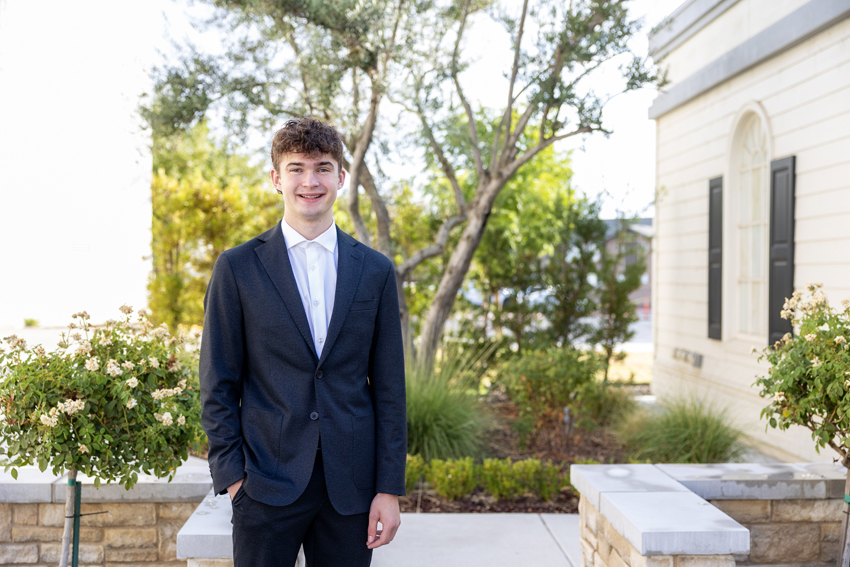When the news broke on Dec. 28 that a religious sect had cloned the first human, reaction was widespread. Although to many this news was unsettling, it also once again underscores science’s ability to overcome the artificial obstacles created by government, such as the United States’ ban on cloning research. It appears that it is time for open debate on human cloning, as well as a reevaluation of the ban itself, to occur.
Even though it now appears that the claim of a clone birth, created by the Clonaid cloning company, is false, the myriad of questions that the announcement raised are still very real.
Questions aside, the most important lesson we should learn is that we must collectively decide on the ethics of human cloning, and quickly. It is inevitable that scientists, either in the United States or more likely abroad, will eventually succeed in actual human cloning. The world will then be confronted with an ethical dilemma to which there is no easy solution.
What must occur is an open debate among both the scientific community and the general public. Although most Americans would no doubt be squeamish about the possibility of cloning entire human populations, the possible applications of cloning for medical reasons, such as the eventuality of cloning individual organs or systems, would be more debatable.
Like stem cell research, the possible benefits of this technology are not yet known and cannot be explored on a widespread basis while the ban exists.
The old saying that by cloning science is “playing God” seems to have limited applications in considering the ethical questions raised by limited medical cloning. Is growing a new liver in a laboratory any more playing God then transplanting one from a donor? Isn’t administering antibiotics to an ailing patient “playing God” in this same way?
An even trickier moral dilemma is cloning of an entire person for the exclusive purpose of harvesting their organs. The ethical debate over curing such diseases as cancer or AIDS at the cost of clone lives is not likely to be resolved quickly or easily.
Even religions have not reached a consensus about the ethics of cloning. Although conservative Christians have not yielded from their opposition to all cloning, the religion’s more liberal sects and some of the world’s other major religions have found therapeutic cloning to be consistent with their dogmas. Some even accept the cloning of an entire person.
Clearly, no consensus currently exists for what path the United States, let alone the world, should take.
However, while the ban exists, no research at all is legally permitted to take place. Indeed, this prevents clones from being born in the United States, but also prevents any other research into this field.
And, as the recent announcement has proven, scientists are more than willing to take their research overseas. The ban not only stifles science, but could eventually endanger the United States’ status as a research leader.
Congress must reexamine its ban on all cloning, and consult with scientists and experts in the field in order to determine the possible dangers and benefits of limited and therapeutic cloning.
The ultimate solution to this issue will doubtless be one of neither total ban nor laissez-faire. However, the time for this debate to happen is now, before we are faced with a real human clone being born and a serious moral dilemma.






